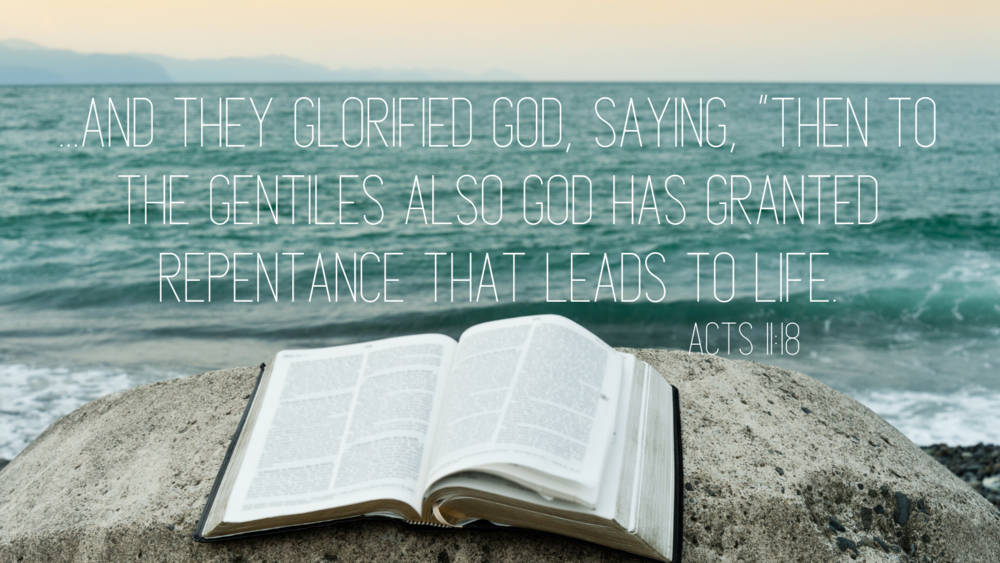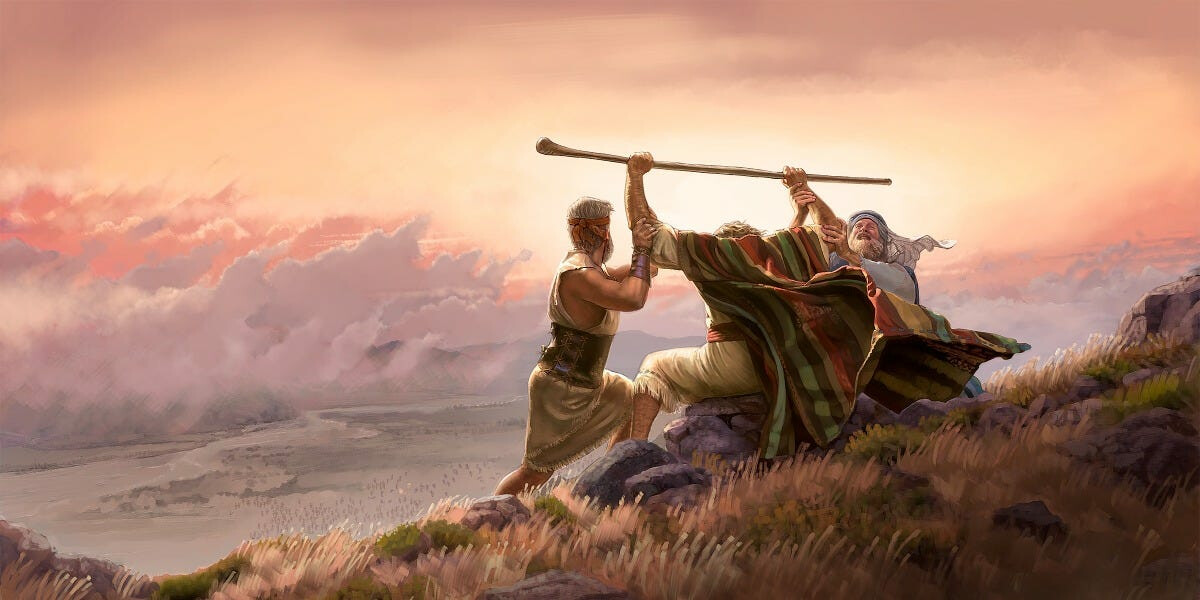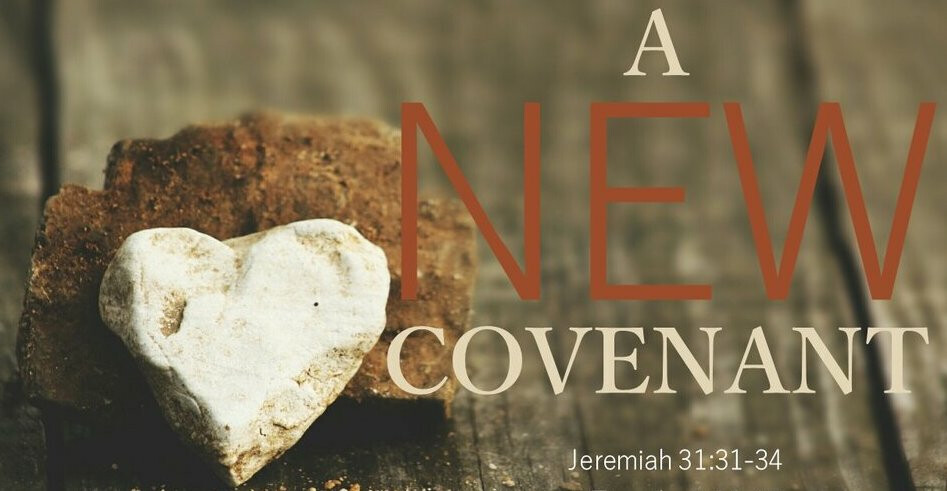Barnabas and Paul

My favorite outline of the Book of Acts is:
Chapter One…Jesus goes up.
Chapter Two…The Holy Spirit comes down.
Chapter Three through Twenty-eight…The people go out.
After the resurrection, Jesus spent 40 of the 50 days between Passover and Pentecost proving He was very definitely alive. He spent time with His followers encouraging them to continue to follow His teachings and reminding them of His promise to send The Holy Spirit to be their teacher, guide and comforter.
After His ascension to His Father, they followed His instructions to remain in the city in an attitude of prayerful expectancy. Ten days later at the Feast of Pentecost, the Holy Spirit arrived as promised and filled their hearts. They were now empowered to get busy sharing the gospel. After two sermons by the Apostle Peter, they began in earnest to fish for people as Jesus had taught them on the Sea of Galilee. The early church exploded with life and vitality.
Persecution always follows great victory. There has been no greater victory than the ministry of Jesus Christ. The new believers supported each other in amazing, unselfish ways. They took personal responsibility for the welfare of each other. One man in particular was “all in” as we say. In Acts 4:36-37, we meet a Jewish man named Joseph. He was from the tribe of Levi, the tribe of priests. He was born in Cyprus, an island country in the Mediterranean Sea northwest of Israel. When Joseph saw the apparent need for aiding financially in the ministry, he sold a piece of land and brought the money to the apostles.
His family had named him Joseph which means “add to me” all these things. Because of his continued generosity, he was give the nickname of Barnabas. This name meant son (bar) of encouragement (nabas). God was preparing Barnabas to become an encourager and mentor of a man named Saul of Tarsus.
In Acts 6, the church was experiencing growing pains. The Lord led them to select deacons to help meet the daily service needs of such a huge congregation. Seven men were chosen. In Acts 7, Stephen, one of the deacons shared the entire history of Israel and he was stoned to death. Saul of Tarsus was the “coat hanger” for the stone throwers that day. In Acts 8, Saul is destroying every believer he could challenge in The Way of Christ. On his way to Damascus Syria, Saul met Jesus and was miraculously saved. During three days of blindness, God would begin connecting the Old Testament “dots” in the heart and brilliant mind of Saul. God called Ananias to help Paul regain his sight. He was baptized. He began to speak in synagogues in Damascus that Jesus was truly the Son of God.
Immediately Saul was opposed by skeptical believers. As he returned to Jerusalem and reached out to the apostles, he was rejected. Barnabas stepped in and made sure they knew that Saul’s conversion was genuine. Had it not been for the encouragement of Barnabas, the ministry of Saul could have been crushed before it even began. God had other plans for Saul and Barnabas was the bridge builder.
In Acts 11, the church of Antioch in Syria was beginning to flourish. The church in Jerusalem wanted to see if all they were hearing about Antioch was genuine. They chose the best man for the reconnaissance mission. Barnabas went to Antioch and affirmed the ministry there. His next move was to go find Saul in Tarsus and bring him to join him in the work at Antioch. Antioch even sent an offering to the church in Jerusalem. The offering emissaries were Barnabas and Saul. God was using Barnabas to bring Saul deeply into the fold of ministry.
In Acts 13, the church at Antioch sent out the first mission team. They chose Barnabas and Saul for this task. They were commissioned and sent to the field together. John Mark would go with them. His mother was Mary. It has been proposed that this Mary’s home was the location of the Upper Room. Thus, John Mark was an eye witness to many of the events of the life of Jesus. Barnabas was also mentoring this young man. Somewhere along their first missionary journey, John Mark abandoned the group and returned to Jerusalem.
God still had plans for John Mark. On the second missionary journey, Paul refused to take John Mark because of his earlier abandonment of the commitment. Barnabas took John Mark and Paul would take Silas. Though mixed with pathos, their separation into two teams doubled the reach of the gospel. Barnabas would continue to mentor John Mark. Peter also spent a lot of time with John Mark who would later become the author of the Gospel According to Mark. Many have said that this gospel was a part of the memoirs of Peter recorded by John Mark.
Mentoring relationships are the foundation for the spread of the gospel. Jesus modeled this as a lifestyle with His disciples. They would later be called apostles. A disciple is a learner. An apostle is one sent out with a message. At the risk of repetition, we each need to HAVE a mentor and BE a mentor. We each need to be a student so that we can become a teacher. Jesus told us in the Great “GO” Mission in Matthew 28:19-20: Go ye therefore and “DISCIPLE-IZE” people in ALL the nations. We are to baptize them. We are to teach (mentor) them. Jesus said that as we go, we will never walk alone.
The word for encouragement is the same word used to name the Holy Spirit: paraklaytos. When we “encourage” others, we “Holy Spirit” them. We teach. We comfort. We are called alongside to walk alongside and help. This is the sweetest way to be Jesus to others.




Login To Leave Comment